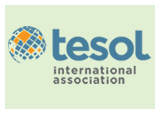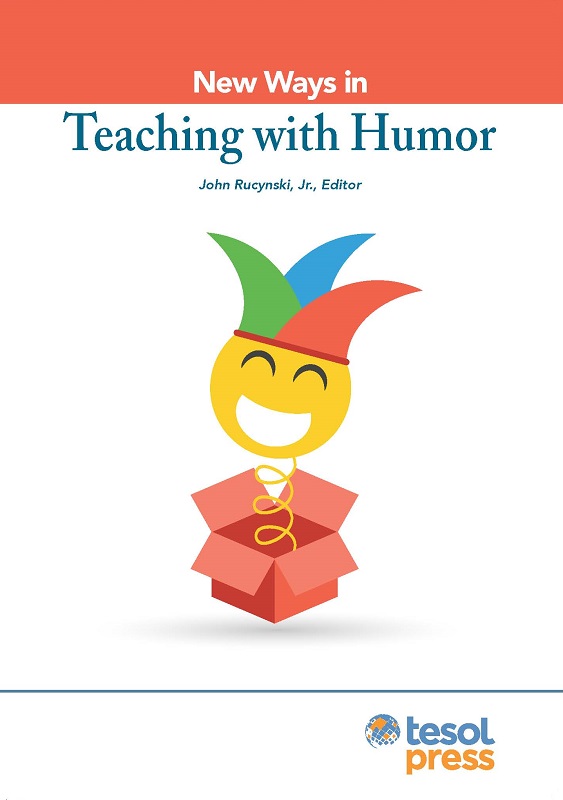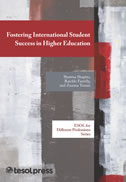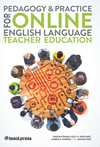TESOL Statement on Immigration Executive Order
 The President of the United States recently signed an executive order that implements a 90-day entry ban for individuals traveling from seven majority-Muslim nations, places a 120-day suspension on all refugee programs, and suspends the entry of all Syrian refugees indefinitely. This divisive order stands as the latest manifestation of the heated and xenophobic rhetoric that has undermined the fabric of the United States. This contentious act fails to satisfy its intentions to make the United States a safer nation. The exclusion of travelers, immigrants, and refugees from these Middle Eastern and North African countries only serves to make the United States more vulnerable, unfairly targets immigrants and refugees, and stands in stark contrast to the ideals that the United States was built on, and the values that TESOL International Association upholds.
The President of the United States recently signed an executive order that implements a 90-day entry ban for individuals traveling from seven majority-Muslim nations, places a 120-day suspension on all refugee programs, and suspends the entry of all Syrian refugees indefinitely. This divisive order stands as the latest manifestation of the heated and xenophobic rhetoric that has undermined the fabric of the United States. This contentious act fails to satisfy its intentions to make the United States a safer nation. The exclusion of travelers, immigrants, and refugees from these Middle Eastern and North African countries only serves to make the United States more vulnerable, unfairly targets immigrants and refugees, and stands in stark contrast to the ideals that the United States was built on, and the values that TESOL International Association upholds.
The immediate effects of this egregious executive action on the nearly 17,000 students studying in the United States who come from the seven targeted nations should not be understated. Students are being denied re-entry to the United States. Universities are asking students from the targeted countries not to apply for the next school year. Thousands of students and faculty members already in the United States are stuck in limbo, unfairly left to ponder their fate.
The United States has long been a global leader in international education and cultural exchange, providing a welcoming environment for students from around the world who come to learn about American culture and language and to build a sense of identity and cultural awareness. This executive order contradicts the very principles these students travel to explore, and instead acts to deny them a safe place to learn and grow, and puts the purpose and economic sustainability of international education programs in peril.
The United States is a nation of immigrants, built on the backs of past generations who desired to achieve the ultimate dream of a life free from fear, persecution, and tyranny. TESOL calls on our leaders in Congress, the White House, and communities across the country to uphold the very notions of liberty that our nation was founded upon, and to allow those who wish to pursue this dream to have the same opportunity as the generations of Americans who came before us.
TESOL Blogs
Interested in writing a blog for TESOL?
Read the submission guidelines and send us your post!
Check out the latest TESOL Blogs:
|
Literacy Partnerships for Families of ELs, by Judie Haynes
 I’d like you to meet guest blogger, Kathy Perret, who is an educational consultant for Northwest AEA in Sioux City, Iowa. Her areas of interest include literacy, ESL, instructional coaching, and teacher leadership. I met Kathy on Twitter and her ideas on family literacy partnerships seemed ideal for families of English learners (ELs). Here is Kathy’s blog. Read more. I’d like you to meet guest blogger, Kathy Perret, who is an educational consultant for Northwest AEA in Sioux City, Iowa. Her areas of interest include literacy, ESL, instructional coaching, and teacher leadership. I met Kathy on Twitter and her ideas on family literacy partnerships seemed ideal for families of English learners (ELs). Here is Kathy’s blog. Read more.
|
|
Five ELT Trends to Watch in 2017, by Kristen Lindahl
 The new year is well underway, and many opportunities to innovate and improve our pedagogical practices abound! Below are five of the top trends that I predict will frame much of the discussion in the coming year around how to best educate the millions of people learning English worldwide. Read more. The new year is well underway, and many opportunities to innovate and improve our pedagogical practices abound! Below are five of the top trends that I predict will frame much of the discussion in the coming year around how to best educate the millions of people learning English worldwide. Read more.
|
|
Making (and Keeping!) New Year’s Resolutions, by Shannon Tanghe
 Happy 2017! It’s that time of year again. As the new year rolls around, many people are making (and breaking) New Year’s resolutions. Gym memberships significantly increase in January, spring cleaning sweeps begin, bad habits are dropped (or go on hiatus), and some readers have likely resolved to focus on enhancing their teaching practices this year. Since we are a couple of weeks into the 2017, how many of these New Year’s resolutions are still in progress? Read more. Happy 2017! It’s that time of year again. As the new year rolls around, many people are making (and breaking) New Year’s resolutions. Gym memberships significantly increase in January, spring cleaning sweeps begin, bad habits are dropped (or go on hiatus), and some readers have likely resolved to focus on enhancing their teaching practices this year. Since we are a couple of weeks into the 2017, how many of these New Year’s resolutions are still in progress? Read more.
|
|
Teaching ELT in Challenging Contexts: An Interview with Harry Kuchah Kuchah, by Sherry Blok
 The year 2016 was a golden year, with TESOL celebrating its 50th anniversary and educators across the globe making a difference in their classrooms and communities. It has been a honor for me to share some of their stories with you and highlight their unwavering commitment to the field. I am delighted to close the year with a very special interview with Harry Kuchah Kuchah. Inspired by the wisdom and intelligence of his great grandfather, Harry wears his name proudly. His best practices stem from his experience as a student himself of large classes in Cameroon, which has translated into a mission of embracing students as partners in teaching and learning and empowering teachers to become agents of change. Read more. The year 2016 was a golden year, with TESOL celebrating its 50th anniversary and educators across the globe making a difference in their classrooms and communities. It has been a honor for me to share some of their stories with you and highlight their unwavering commitment to the field. I am delighted to close the year with a very special interview with Harry Kuchah Kuchah. Inspired by the wisdom and intelligence of his great grandfather, Harry wears his name proudly. His best practices stem from his experience as a student himself of large classes in Cameroon, which has translated into a mission of embracing students as partners in teaching and learning and empowering teachers to become agents of change. Read more.
|
TESOL Bookstore

Featured Resources from TESOL Press
 New Ways in Teaching With Humor
New Ways in Teaching With Humor
John Rucynski, Jr., Editor
Explore the gamut of possibilities for using humor in English language teaching. Includes nearly 100 lessons that use humor to enhance the English learning experience and provide English language learners with the linguistic and cultural knowledge they need to become more proficient users of the language.
 Fostering International Student Success in Higher Education
Fostering International Student Success in Higher Education
Shawna Shapiro, Raichle Farrelly, and Zuzana Tomas
Understand the needs of international students through quotes, anecdotes, and reflection questions. Learn specific strategies, resources, and activities that serve as tools for responding to common instructional challenges.
 Pedagogy & Practice for Online English Language Teacher Education
Pedagogy & Practice for Online English Language Teacher Education
Faridah Pawan, Kelly A. Wiechart, Amber N. Warren, and Jaehan Park
Pedagogy - not technology - drives effective online instruction. Learn about foundational theories of pedagogy and how the online medium offers opportunities to explore new and exciting possibilities in teaching and learning. Includes online resources.